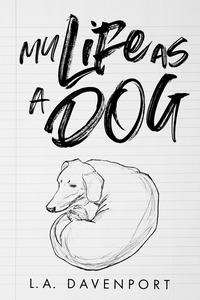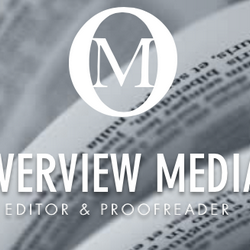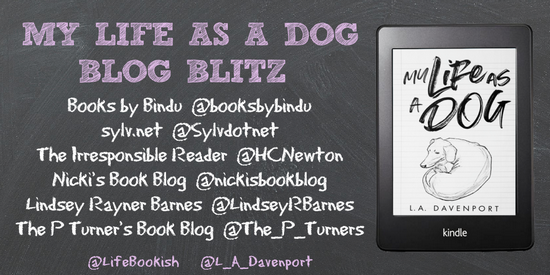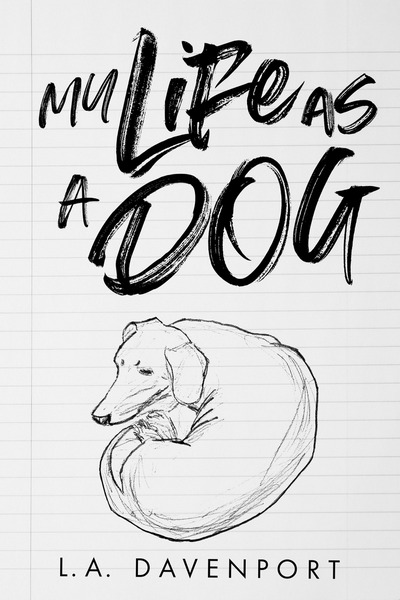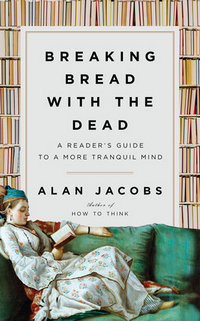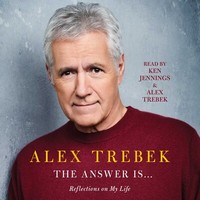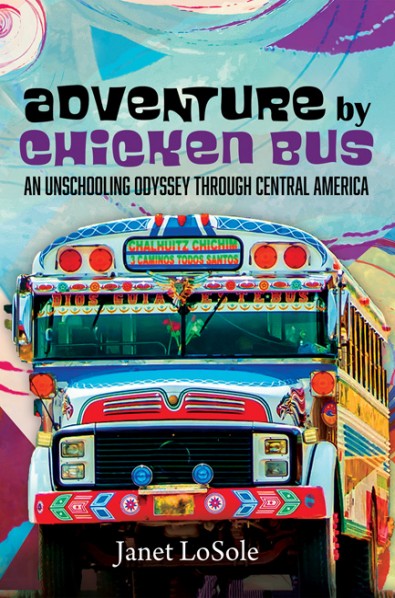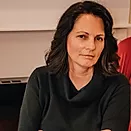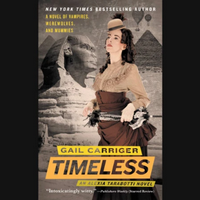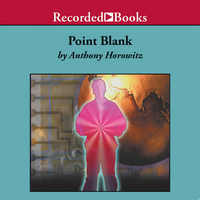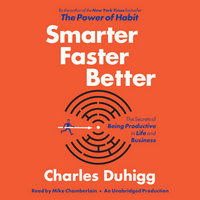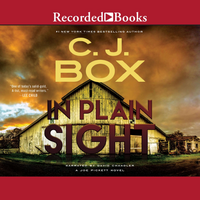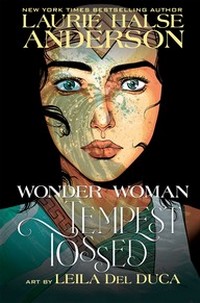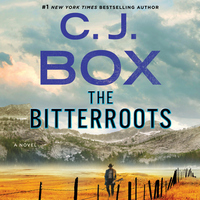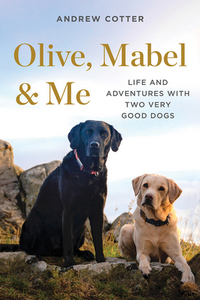 |
Olive, Mabel & Me: Life and Adventures with Two Very Good DogsHardcover, 205 pg. Read: December 24-26, 2020 |

What’s Olive, Mabel & Me About?
In short, it’s about a guy and his dogs.
Andrew Cotter is a freelance sports journalist who found himself (like many people) with an excess of time on his hands in the early days of COVID. With no sports to cover, he needed an outlet, so…you know what? It’ll be easier to post the video that catapulted Cotter and his dogs into the attention of people around the world. He’s this guy, and they’re these dogs:
In the Introduction, Cotter talks a little about that video, those that followed, and the reaction to them—and then he moves on, only making small asides to them until the last chapter when he talks a little more about them. The book isn’t about the Youtube/Social Media sensation, it’s about the man and his dogs that happened to end up as part of that sensation.
The Dogs Before
We begin with Cotter talking about his family’s history with dogs—his grandparents had quite a .few, and he and his mother, did, too. I was predisposed to like him going in, but it was his description of his bullmastiff that solidly won me over.
Then came college and his early career days, when it just wasn’t possible/feasible to own any kind of dog. Then he got together with his partner, Caroline, and she, too wanted a dog, when possible. A few years later, they moved out of London and it was time.
There’s some great discussion about the pros and cons of various breeds and I laughed more than once in that chapter.
Olive and Mabel
Then we meet Olive and the book takes off. She’s a delightful Lab* and it’s clear that Cotter is smitten with her. Cotter talks about her and some of their adventures together, and it’s all well and good. I’m not going to say more, because you want to read it the way Cotter tells it.
* A tautology, I realize.
Then after a few years, Mabel comes along—a very different dog, with a personality that’s very different, but wanting to learn from Olive. Then it becomes adventures for the three of them. The bond is strong and obvious, and it’s the kind of thing that dog lovers will respond to.
Climb Every Mountain
One of Cotter’s favorite activities—and one he involves the dogs in as often as he can—is walking up mountains. He recounts several such walks with the two, the sights they saw, the mishaps, and so on—he even talks some about times he went without them (like, say, Mt. Fuji). Now, I cannot foresee me ever sharing this interest, or even wanting to (it’s beside the point why I wouldn’t—besides, I have to go to work tomorrow, so I don’t have enough time).
But I enjoyed Cotter’s discussion of his hobby—I don’t get it, but that’s okay, he does, and he can talk about it in a way that keeps it interesting, even for us homebodies. It’s this that keeps it from simply a guy rattling off cute stories about his dogs and makes it into something only he can tell—cute stories about Andrew Cotter and his dogs. It’s a fine distinction, but an important one, if I’m going to read a book about it.
So, what did I think about Olive, Mabel & Me?
I love my dogs dearly but couldn’t necessarily see how explaining that relationship and affection might stretch more than a couple of pages.
Yet in writing about your dogs, you very quickly realize that you are writing about all aspects of your life, because there isn’t really a part of it that the dogs don’t touch. They entwine themselves around it all—the serious matters and trivial, the fun and the less so. As you have read, they are there for the exciting adventures but also for the mundane. They are with you for everything, and everything is all the better for them.
Cotter was smart to take the opportunity created by his videos to write a book—nothing against him, but I wouldn’t have picked up this book if I hadn’t been a fan. But I’m very glad I did, this is a heartwarming read. It’s funny—he’s a very clever writer (and I’d be willing to read more things he wrote, as long as they weren’t too sports-heavy)—it’s touching, it’s relatable. It’s a cup of hot cocoa on a chilly day.
I think most dog people enjoy talking to others about their dogs. This was a lot like that—but Cotter didn’t let me share similar tales about my canine companions, which is fine—he’s a better storyteller. He even included pictures to gush over. Did I possibly give out an extra scritch or two to my own dog and grand-pup after reading this? Oh absolutely. I felt I owed Mabel and Olive some, so the dogs here were the beneficiary.

This post contains an affiliate link. If you purchase from it, I will get a small commission at no additional cost to you. As always, opinions are my own.
![]()


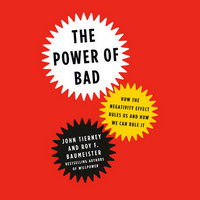

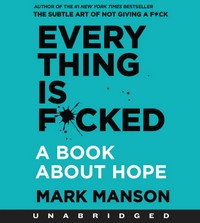

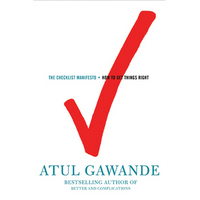
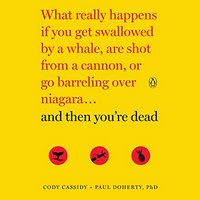


 Grab a book, any book.
Grab a book, any book.